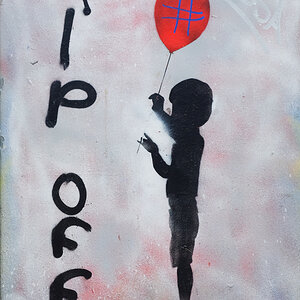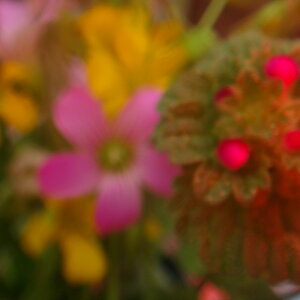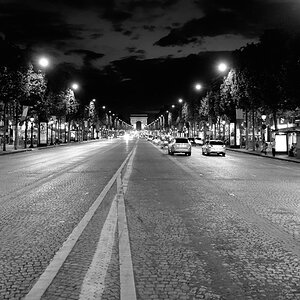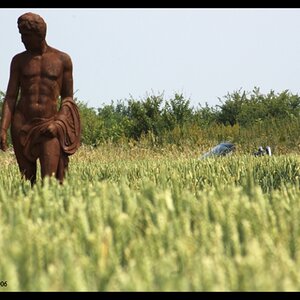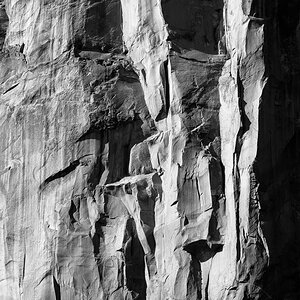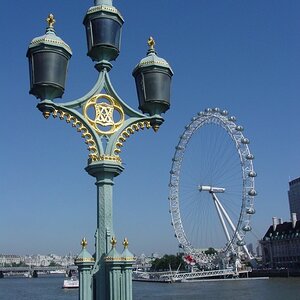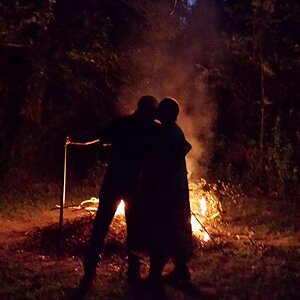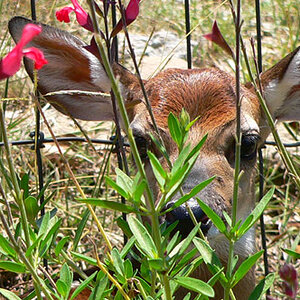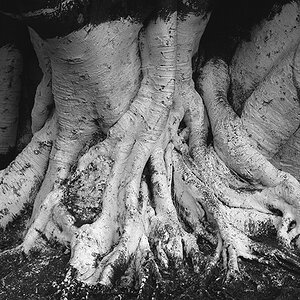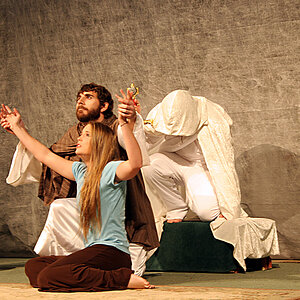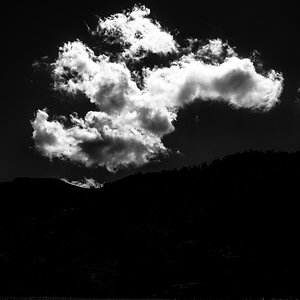MarkS49675
TPF Noob!
- Joined
- Aug 18, 2012
- Messages
- 1
- Reaction score
- 0
A philosophical question...
I recently took a storytelling course because I felt my photos weren't saying anything. That being said, I have to ask - do you feel all photos must tell a story? If they don't then what would be their point? Is it enough to just create a photo that aesthetically pleasing to look at? Is there validity in that? Is storytelling photography one genre of photography or should storytelling be woven into all photographs? If they don't tell a story are they just what the masses call snapshots?
Mark


